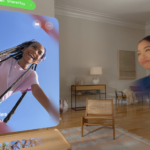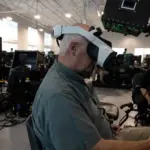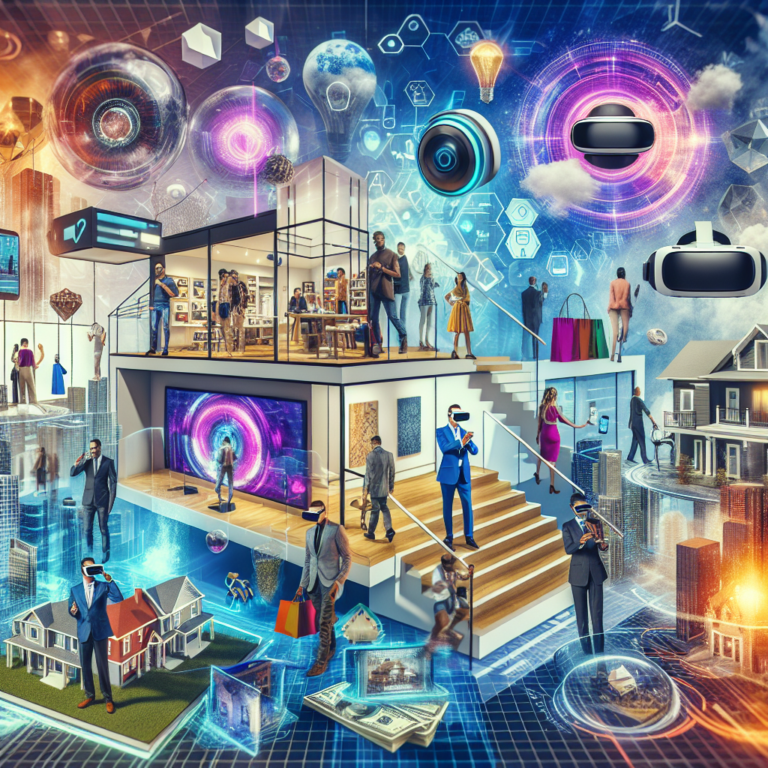Transforming Industries: The Rise of Immersive Technologies from Retail to Real Estate 🏗️
Introduction to Immersive Technologies
In recent years, immersive technologies have revolutionized the way businesses interact with customers across various sectors. From engaging virtual reality (VR) experiences in retail to enhancing property viewing in real estate, these cutting-edge innovations are reshaping the customer journey. Join us as we explore the exciting world where retail meets real estate, powered by immersive technologies! 🚀
What Are Immersive Technologies?
Before diving into their applications, let’s clarify what immersive technologies entail. This term generally refers to technologies that create or enhance sensory experiences, primarily through:
- Virtual Reality (VR): Fully immersive experiences that transport users to a digital environment using headsets.
- Augmented Reality (AR): Adding digital layers to the real world, enhancing user interaction with their physical surroundings.
- Mixed Reality (MR): A blend of both VR and AR, allowing real and virtual elements to coexist and interact.
Immersive Technologies in Retail: A New Shopping Paradigm 🛍️
The retail sector has embraced immersive technologies to create engaging shopping experiences. Here are a few ways it has transformed the landscape:
1. Virtual Try-Ons
Gone are the days of cumbersome changing rooms! Retailers now leverage AR technology to allow customers to try on clothes, glasses, and even makeup virtually. Apps empower shoppers to see how items look on them from the comfort of their homes, reducing return rates and enhancing customer satisfaction.
Credit : wanna.fashion
2. Interactive Store Displays
Retailers are integrating immersive displays in their stores to captivate customers. With 360-degree videos and projection mapping, brands can tell their stories dynamically, creating an emotional connection to the products.
3. Enhanced Product Visualization
Imagine being able to see a piece of furniture in your living room before it’s even in your cart! Through AR tools, customers can view how furniture fits into their space, making the shopping experience personalized and interactive.
The Impact on Real Estate: Virtual Property Tours 🏡
As retail transforms, the real estate sector is not far behind. The implementation of immersive technologies is redefining how properties are showcased and sold:
1. Virtual Tours That Sell
Real estate agents are now utilizing VR to conduct property tours. Potential buyers can immerse themselves in a virtual environment that simulates walking through homes, all from their current location. This saves time and money, making property hunting more efficient than ever.
Credit : www.realspace3d.com
2. Augmented Reality Visualization
AR tools enable buyers to visualize properties in their current state and see potential renovations and decorations. Buyers can visualize everything from paint colors to furniture arrangements, creating a mental picture of their future homes.
3. Improved Consultations
Real estate agents are now able to present properties through interactive AR overlays. By simply pointing a device at a property, clients can access detailed information, view additional materials, and engage with features that may not be visible in traditional listings.
Benefits of Immersive Technologies Across Industries
The integration of immersive technologies, while transformative, also brings a plethora of benefits across both retail and real estate:
- Enhanced Customer Engagement: Engaging immersive experiences foster deeper connections with brands and properties, increasing customer loyalty.
- Improved Sales Conversion: Immersive technologies significantly enhance the decision-making process, leading to higher conversion rates.
- Cost Efficiency: With virtual walkthroughs and AR, companies can save on physical marketing costs while providing comprehensive presentations.
- Global Reach: Virtual experiences can be accessed from anywhere, allowing businesses to tap into a broader demographic than ever before.
Challenges and Considerations
While the advantages are compelling, businesses must also consider potential challenges:
1. Training Staff
Integrating immersive technologies requires training and a learning curve. Staff must be equipped to assist customers with these new tools and experiences.
2. Initial Investment
Investing in the latest technologies can be costly upfront. However, the long-term benefits often outweigh the initial expenditure, especially with rising consumer expectations.
3. Accessibility and Inclusivity
Ensuring that immersive experiences are accessible to everyone, including those with disabilities, remains a challenge. Businesses must focus on creating inclusive technologies for broad reach.
The Future of Immersive Technologies: Cross-Industry Innovations
As immersive technologies continue to evolve, new applications will likely emerge across various sectors. Expect to see:
- Smarter Retail: Enhanced AI-driven AR experiences that provide personalized recommendations based on user behavior and preferences.
- Real-Time Collaboration: Remote teams utilizing immersive experiences for planning and collaboration on real estate developments.
- Health and Wellness: Integration of VR into retail spaces for health-focused products, promoting relaxation and mindfulness through virtual environments.
Conclusion
The convergence of immersive technologies in retail and real estate outlines a fascinating trajectory towards a more interactive and engaging future. As these industries continue to innovate, their paths will undoubtedly intertwine, offering consumers unparalleled experiences and opportunities. With brands investing heavily in VR, AR, and MR, the digital and physical worlds are set to merge like never before! Are you ready to experience the future? 🌟




0 Comments